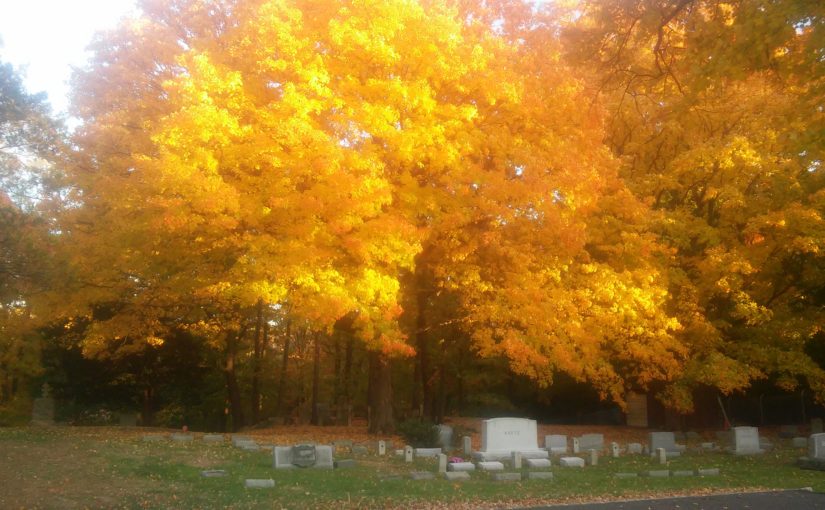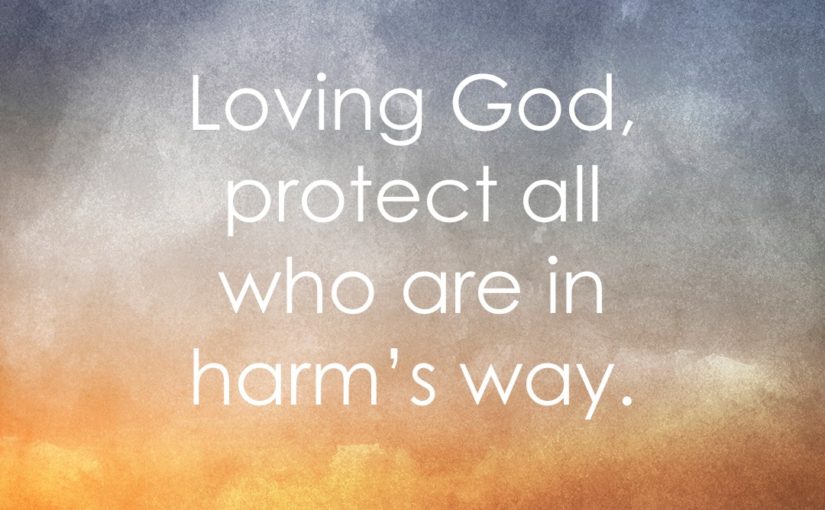Welcome those who are weak in faith, but not for the purpose of quarreling over opinions. Some believe in eating anything, while the weak eat only vegetables. Those who eat must not despise those who abstain, and those who abstain must not pass judgment on those who eat; for God has welcomed them. Who are you to pass judgment on servants of another? It is before their own lord that they stand or fall. And they will be upheld, for the Lord is able to make them stand. Some judge one day to be better than another, while others judge all days to be alike. Let all be fully convinced in their own minds. Those who observe the day, observe it in honor of the Lord. Also those who eat, eat in honor of the Lord, since they give thanks to God; while those who abstain, abstain in honor of the Lord and give thanks to God. We do not live to ourselves, and we do not die to ourselves. If we live, we live to the Lord, and if we die, we die to the Lord; so then, whether we live or whether we die, we are the Lord’s. For to this end Christ died and lived again, so that he might be Lord of both the dead and the living. Why do you pass judgment on your brother or sister? Or you, why do you despise your brother or sister? For we will all stand before the judgment seat of God. For it is written, “As I live, says the Lord, every knee shall bow to me, and every tongue shall give praise to God.” So then, each of us will be accountable to God.
Romans 14:1-12
My sermon from the 15th Sunday after Pentecost (September 17, 2017) on Romans 14:1-12. Listen to the recording at the bottom of the page or read my manuscript below.
****************************
This September, for me, is a month filled with weddings. Over Labor Day weekend, I officiated the wedding of my sister-in-law and her fiancée. Two days ago, I was in Beacon, NY, standing next to a roaring waterfall as two people committed themselves to each other. And in less than two weeks, I’ll be in the foothills of Colorado, officiating the wedding of one of my good friends from high school. Each one of these weddings is different. Each one is unique. And each one is filled with rituals. From the ceremony to the reception, each couple has its own vision of how their wedding day will go. The music will be done in a certain way and the DJ will play specific songs at the right time. The center pieces on the table during the reception will be big…or small…full of flowers or with candles floating in water. The ceremony will include traditional vows that are repeated, or vows written by the couple themselves, or I’ll recite the words and wait for the very simple but very powerful “I do.” For the couple and their families, each part of the wedding event is a ritual that requires careful consideration, time, and attention. But there are other rituals at weddings too. And one of my favorite is, as a guest, the ritual of standing at a table, looking at a sea of name cards, trying to find the table I’ll be sitting at during the reception. There’s usually a table at the entrance covered in name tags or a poster with the seating chart printed on. And once I find my name, I then scan all the other names, trying to see who is sitting at the table with me. This ritual of finding our table mates can be nerve wracking. We want to sit with people we know but…what if we don’t? Are the people who will be sitting with us going to be like us or will they be totally weird? Or maybe we’re the weird one and we just don’t know it yet? These and countless other concerns and fears zip through our heads when we’re standing at the seating chart, trying to figure out who we are eating with. And these same feelings and anxieties about who is sitting at our table was right there, in the city of Rome, when Paul wrote his letter 2,000 years ago.
Today’s reading from the letter to the Romans is our last selection from that book for awhile. We spent this whole summer discovering how this community of non-Jews struggled connecting their culture to their faith. The Romans hoped the teachings from this Jew named Jesus would help them master their passions – those feelings and emotions that stop them from being their best selves. The rules and rituals and methods they saw in Jesus’ teaching seemed to provide a way to turn these Romans be into the best Romans they could possibly be. Yet, the rules weren’t so simple to understand. Different people interpreted the rules in different ways. Even when this small community of believers ate together at the 1st century version of coffee hour, conflict happened. Now, this wasn’t a battle between vegetarians and omnivores even though verse 2 sort of sounds like it is. The problem was really about where the meat came from. Meat, in the ancient world, was very expensive. Few people could afford to eat meat on any kind of regular basis. Instead, people waited for these animals to be given out after they were used in a sacrifice. The animals would led into a temple dedicated to some god or goddess. They were prayed over, blessed, and then ritually slaughtered. Once the ceremony was over, the meat was served to anyone who needed it. For some in the Roman community, this meat was free and anyone could eat it because, well, those gods and goddesses didn’t exist. But others felt eating such meat would violate the food laws that even Jesus might have followed. The act of sacrifice made the meat unclean and, in the eyes of God, would harm anyone who ate it. So, at the same table and during the same meal, there would be those who ate meat and those who didn’t – and each side, at a minimum, would see the others are being totally weird.
Yet Paul’s vision of Jesus broke the Romans’ expectations. The meat wasn’t really important; rather, it was the people at the table who mattered the most. Since their baptism put them in a public relationship with Jesus, their relationship with each other mattered too. They were no longer just individual Romans trying to live their best lives. They had put on Jesus and are now the hands and feet, arms and legs, of God’s Son. Even though their bodies might feel like they did before and they might still struggle with their thoughts, emotions, and passions that caused them to sometimes hurt those around them, these Romans were no longer just themselves. They’re Jesus too. They carry with them all the promises God makes to all of us – a promise of love, presence, and fidelity. Jesus gave himself fully over to the task of reconciling the world to its Creator; to the task of showing love to those shouldn’t be loved; and saying that everyone, including you, has value. Jesus devoted himself to his neighbors. He gave himself to a world that didn’t fully understand him and who killed him for sharing his table with people he wasn’t supposed to. We can imagine Jesus, at that wedding in Cana, finding his name on a little card, seeing his table number, and refusing to scope out who he might be sitting with. Instead, he would be the first at the table, ready to welcome and care for all who sit by him, whether they realized he was Jesus or not. Our ritual of trying to foresee or maybe even control who we sit with is replaced by a Jesus who is already at the table, ready to eat and share and love whoever shows up. This kind of ritual isn’t a ritual that is easy. It’s an approach to life that is downright scary. It means we have to talk to people, to all kinds of people, and learn who they are and what their story is. We need to know who at the table eats meat, who doesn’t, and why. We need to know ourselves well, to discover the side eyes of judgement we’re throwing at those around us. And we need to be flexible in our own way of life so that we can adjust to the needs of whoever God puts in our path. Living this kind of life takes work. It does takes effort. It takes an imagination and a faith that knows we won’t be doing this work on our own. Instead we get to live this kind of life because Jesus has already given his life for each of us. We get to serve our neighbor, to bear their burdens, to share their tables, and to help them thrive because the Lord, each and every day, helps us stand gracefully, faithfully, and wonderfully, tall.
Amen.
Podcast: Play in new window | Download


